Mrs Hattie Franklin, Head of Year 12 and Oxbridge Coordinator (Arts and Humanities), explores what learning at Oxbridge entails and how the Oxbridge and Academic Scholarship programmes can help WHS students with their applications and developing their attitude to their own intellectual curiosity and passions.
Oxford and Cambridge are two of the oldest and most famous universities in the world, ranked at the top of the league tables and justifiably revered for nurturing academia across all disciplines. The undergraduate offering is a world class education and students from all over the globe vie for places in the hope of gaining a well-respected degree which unlocks opportunities in life after university. The myths surrounding the interview process are legendary, the pace of the teaching is fast, demanding and rewarding, the co-curricular offering is rich, and some of the traditions are just a little quirky. But, with competition for places more intense than ever and no guarantee of a successful application, it can be an intimidating challenge to take on. So, I would like to talk through an overview of an Oxbridge education in this article and explain why it is perhaps a little more accessible than you might think.
What kind of thinker are you?
Are you naturally curious, question what you learn in lessons and enjoy debating hot topics with your peers and your teachers? Do you live by the Socratic maxim that ‘the unexamined life is not worth living for mankind’? If so, the Oxbridge teaching model might well suit you. The core teaching for each subject is based around conversations, normally between two or three students and their tutor, who is an expert on that topic. These are called tutorials (Oxford) or supervisions (Cambridge), and they offer a chance to talk in-depth about a topic and to receive individual feedback on your work. To prepare for each meeting with their tutor, students will have read the books on the reading list and prepared an essay a week, or sometimes, two. There is also a requirement to attend lectures, seminars and classes on a weekly basis to supplement learning. Terms are shorter than other universities’ and are only 8 weeks long which means that preparatory work for each term is set for the preceding holiday and examined in the week before term officially begins. So, in addition to strong academic ability, you need to have mastered those important study skills of organisation and time management and be motivated to study independently.
How do I know if it’s the right thing for me?
There is no typical Oxbridge student and no single experience. Students who are passionate about their subject, diligent, driven and, most of all, have a love of academic exploration are already embodying many of the qualities necessary to apply and to succeed. It is never too early to embrace academic excellence and WHS has a varied and exciting Academic Scholarship programme to inspire pupils at every Key Stage, including Rosewell and Explore lectures, subject societies and academic extension clubs, WimTalks and Symposia, masterclasses and more informal discussion groups such as the hugely popular Tea and T’inking. In our new STEAM tower, and through our STEAM+ initiative, we have a brilliant new space specifically designed to help ingenuity to flourish and allow creative experimentation in inter-disciplinary learning. The scholarship programme is a warmly inclusive one: a desire to challenge oneself and venture into new areas of interest are the only criteria for involvement. More on our WHS offering across the school can be found in Mr Addis’s blog here https://wakelet.com/wake/amIaQ4T3b_jPHEuEUGf3v
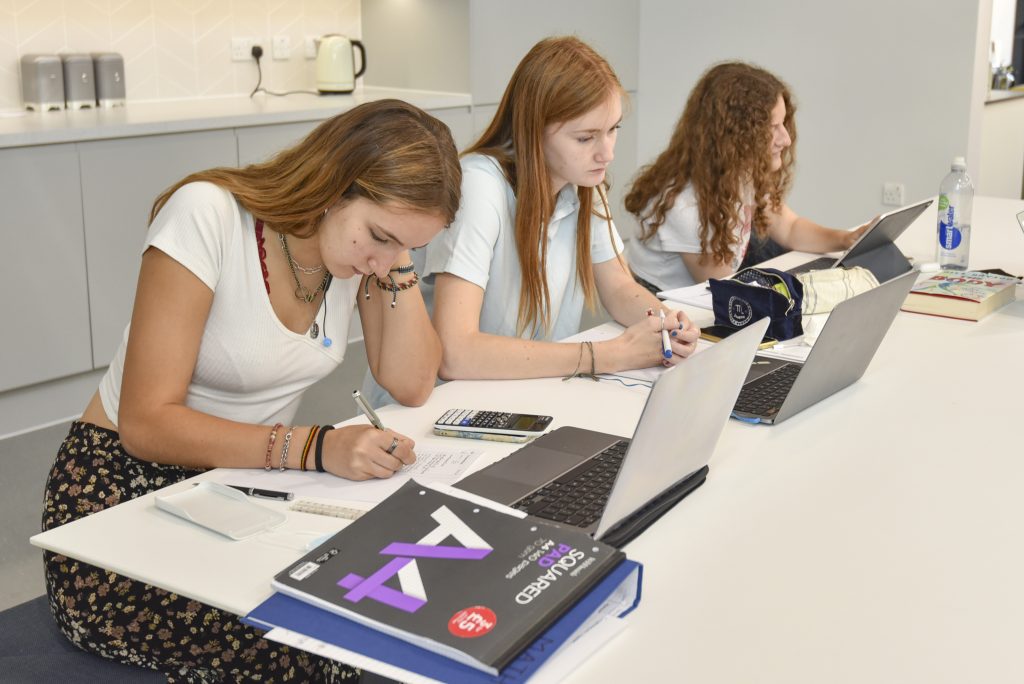
I’ve decided to apply: now what?
Every student who decides to apply for Oxbridge will have access to individual and group support as part of the Oxbridge preparation programme. The programme is officially launched in the Spring Term of Year 12 and we assign students a mentor in their subject, with whom they will meet regularly to discuss and develop their areas of interest. The best candidates drive their own mentoring sessions, bringing ideas to the table and challenging themselves to think around their subject. Importantly, it should not feel like ‘extra’ work but an opportunity to explore areas that have particularly piqued your interest in lessons. A favourite author, a specific and niche period of History, a passion for Greek tragedy or a love of linguistics: there are no set boundaries and the world of academia really is your metaphorical oyster!
The application process
Oxbridge applications need to be submitted earlier than other universities, and students will need to finalise their Personal Statements in the summer holiday of Year 12, ready to review and send to UCAS before October half term. You will focus also in the Autumn term of Year 13 on preparing for any aptitude test and, if invited for one, your interview.
Urban myths abound about the ‘dreaded’ Oxbridge interview: as I prepared for my own, I was horrified to be told stories of the naïve student who was asked to throw a brick through a (closed) window or the hopeful who, when asked by the interviewing don to ‘surprise me!’, set fire to his interviewer’s newspaper with unfortunate consequences. The reality for me was a very accessible and interesting conversation about Medea and other Euripides plays, which I had nominated in the interview as my specialist subject, a few difficult questions to prompt lateral and dynamic thinking, and absolutely no requests to destroy any element of my tutor’s study.
Interviews can be unnerving: they are, by and large, a new experience in an unfamiliar place but your interviewer is on your side and will not expect you to be a global expert on your A level subject. At interview, the best candidates present their ability, interest and potential, and are encouraged to apply their knowledge to new problems.
You will be expected to engage in an intense academic conversation to allow you show what you know but also to demonstrate that you would flourish in a tutorial-style learning environment. There will be a few unexpected questions; primarily to stop you reciting your carefully learned, heftily rhetorical speech on why Homer is the best poet that the world has ever seen (He is. But your interviewer also knows that). Thinking hard, pausing to collect yourself, being measured, coherent and eloquent in your responses are all components of a good interview which will hopefully be enjoyed by both sides. With regards to preparation, practice is key to help you acclimatise to nerves and think quickly and logically, so do take advantage of any opportunities organized by the school and independently if you can.
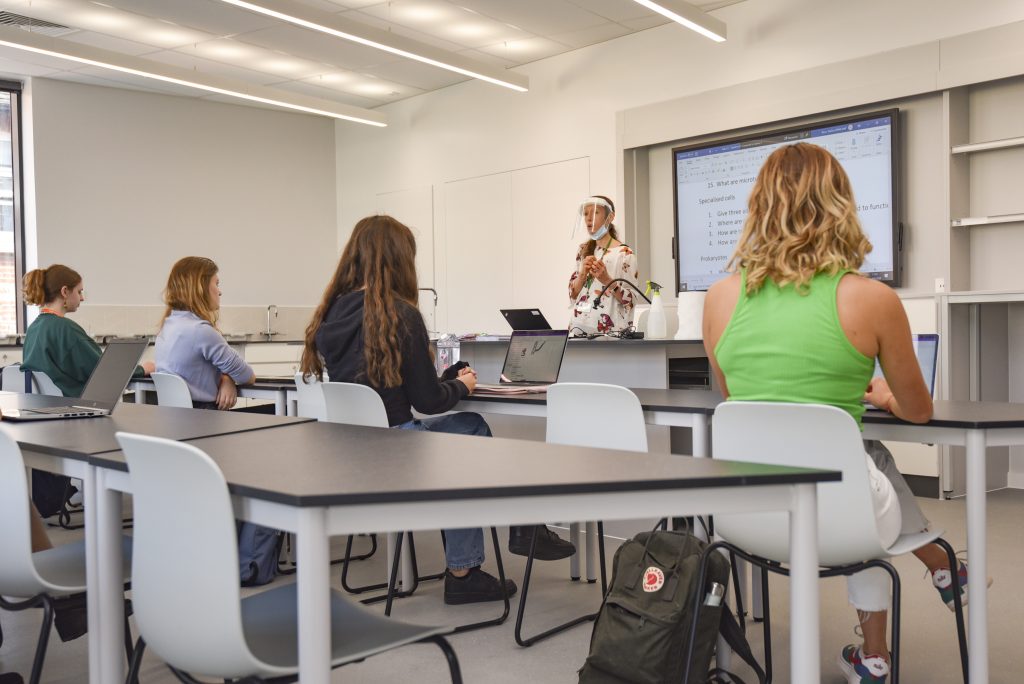
Fortes fortuna adiuvat
The highly competitive nature of the application process and the extra effort involved proves to be too much of a gamble for some. In addition, on review of the courses available, other students conclude that their dream university course is not to be found at Oxford or Cambridge. However, pupils who are confident, highly academic and have an intrinsic love of learning should certainly seek advice about Oxbridge application from the teacher of their favourite subject or the WHS Sixth Form Team. Whatever the outcome, the experience of an application will be an intellectually enriching and stimulating one, and it could result in three or four years of an unforgettable undergraduate educational experience.
Moreover, in addition to the academic experience, Oxford and Cambridge also both offer a vast range of activities to be enjoyed outside of tutorials, from debating in the Oxford Union to the Cambridge Footlights; from college choirs to becoming a sporting Blue; plus many of the usual student societies. Do contact me or Mrs Nicolas (for STEM subjects) or myself if you would like to find out more.
And one final word of advice about that interview: do have something in your arsenal which does not involve arson itself, on the off-chance that a world expert actually does ask you to ‘surprise them’…

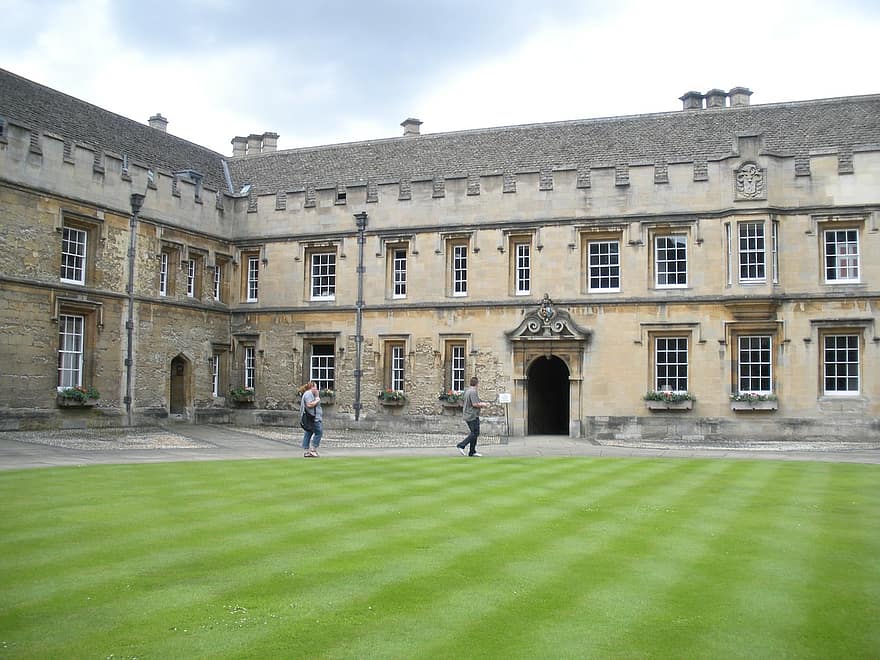

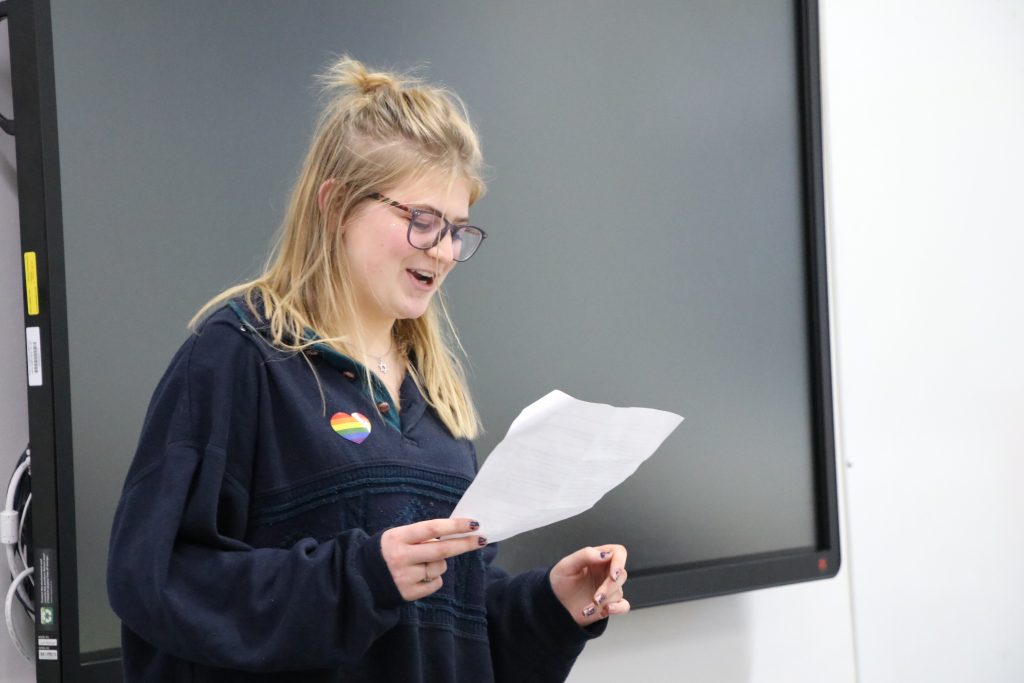
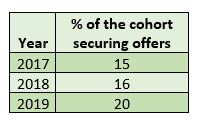 These are just some of the ways in which our programme supports and empowers our girls. In an increasingly competitive environment, we have managed to increase the percentage of the cohort securing offers year on year. This bucks the national trend for independent schools and we think our support programme has helped our Oxbridge success grow. We continue to work with our partner schools to develop our programmes to encourage candidates to pursue an application and to support them wholeheartedly throughout the process.
These are just some of the ways in which our programme supports and empowers our girls. In an increasingly competitive environment, we have managed to increase the percentage of the cohort securing offers year on year. This bucks the national trend for independent schools and we think our support programme has helped our Oxbridge success grow. We continue to work with our partner schools to develop our programmes to encourage candidates to pursue an application and to support them wholeheartedly throughout the process.